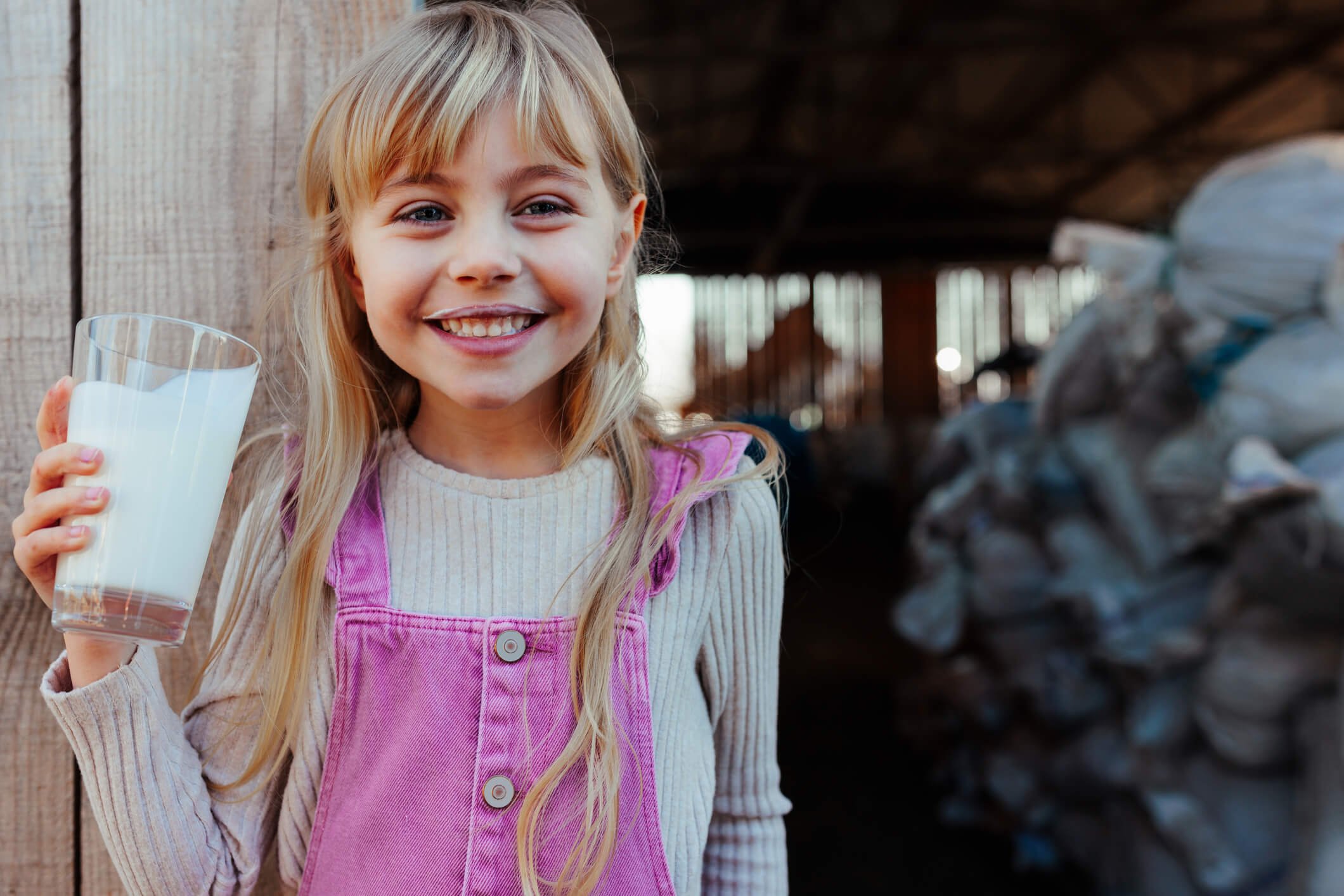Raw Milk in Louisiana
Exploring Availability & Health Benefits
This Article is Part of Our Guide Raw Milk Laws State by State
In the heart of Louisiana's agricultural tapestry, raw milk has garnered increasing attention among consumers seeking natural, unprocessed food options. Raw milk, in its purest form, is unpasteurized milk directly from cows, goats, or other mammals. Unlike pasteurized milk, which undergoes a heating process to eliminate harmful bacteria, raw milk retains its natural enzymes, beneficial bacteria, and nutrients. Proponents of raw milk consumption believe that these unaltered properties offer enhanced health benefits, while opponents raise concerns about the potential risks associated with consuming unpasteurized dairy products.
Raw Milk vs. Pasteurized Milk: Understanding the Distinction
The debate surrounding raw milk often centers on the comparison with pasteurized milk, the standard form of milk sold in grocery stores and retail outlets. Pasteurization, a process developed by Louis Pasteur in the 1860s, involves heating milk to a specific temperature for a designated period to eliminate potentially dangerous bacteria, such as E. coli, Salmonella, and Listeria. This process has significantly contributed to improving public health by reducing the risk of milk-borne illnesses.
Navigating Raw Milk Laws in Louisiana: Selling and Consuming Raw Milk
The legality of selling and consuming raw milk varies across the United States. In Louisiana, the sale of raw milk for human consumption is prohibited under the Louisiana Milk and Dairy Products Law. This law aligns with the U.S. Pasteurized Milk Ordinance, a set of national standards for milk production and processing. However, the law does allow for the consumption of raw milk by the owner of the animal producing the milk, their family, or employees, as long as it is not being sold. This means that selling raw milk is illegal in Louisiana.
Weighing the Benefits and Risks of Raw Milk Consumption
Advocates of raw milk consumption often cite its potential health benefits, including improved digestion, stronger immune system function, and reduced allergy symptoms. However, scientific evidence supporting these claims remains limited. On the other hand, the risks associated with consuming raw milk are well documented. Unpasteurized milk can harbor harmful bacteria that can cause serious illnesses, particularly among vulnerable populations such as children, pregnant women, and individuals with compromised immune systems.
Sourcing Raw Milk in Louisiana: Exploring the Alternatives
Given the legal restrictions on raw milk sales in Louisiana, consumers seeking raw milk must explore alternative avenues. One option is to directly contact local dairy farms that produce raw milk. Some farms may offer herd-share agreements, where consumers purchase a share in a dairy animal and receive a portion of the raw milk produced. However, it is crucial to note that these arrangements do not circumvent the legal restrictions on raw milk sales.
Raw Milk Products in Louisiana: A Dairy Farm Perspective
While the sale of raw milk for direct human consumption is prohibited in Louisiana, dairy farms can produce and sell certain raw milk products. These products must undergo a process known as "aging" for a minimum of 60 days, during which the acidity and moisture content of the cheese are altered, reducing the risk of harmful bacteria. Aged raw milk cheeses are often produced by small-scale artisan cheesemakers who adhere to strict sanitation and safety protocols. Raw goat milk cheese is one such example of a raw milk product that can be legally sold in Louisiana.
Safety Precautions for Handling and Consuming Raw Milk
Consumers who choose to consume raw milk must exercise extreme caution and adhere to strict handling and storage practices. Raw milk should be refrigerated immediately and consumed within a short timeframe. Proper hygiene practices, such as washing hands thoroughly before and after handling raw milk, are essential to minimize the risk of contamination.
Public Health Concerns: Perspectives from Disease Control
Public health officials, including the Centers for Disease Control and Prevention (CDC), strongly advise against consuming raw milk due to the potential health risks. The CDC emphasizes that pasteurization is a proven and effective method for eliminating harmful bacteria in milk and protecting consumers from foodborne illnesses.
The Future of Raw Milk in Louisiana: Consumer Choices and Regulatory Outlook
Navigating the raw milk landscape in Louisiana requires a careful balance of understanding the potential benefits and risks associated with this natural, unprocessed food option. While proponents of raw milk consumption cite its potential health advantages, the established safety concerns and legal restrictions under the U.S. Pasteurized Milk Ordinance cannot be overlooked.
The decision to consume raw milk ultimately lies with the individual, but it is crucial to approach this choice with informed awareness. Consumers must thoroughly educate themselves about the potential health risks, adhere to strict handling and storage practices, and source raw milk from reputable farms that prioritize sanitation and safety protocols.
The debate surrounding raw milk consumption is likely to persist, fueled by the ongoing tension between consumer choice and public health considerations. However, the current legal restrictions on selling raw milk in Louisiana are unlikely to change in the near future. As consumers continue to explore diverse food options, the conversation surrounding raw milk will undoubtedly evolve, shaping the future of this unique and controversial dairy product.


